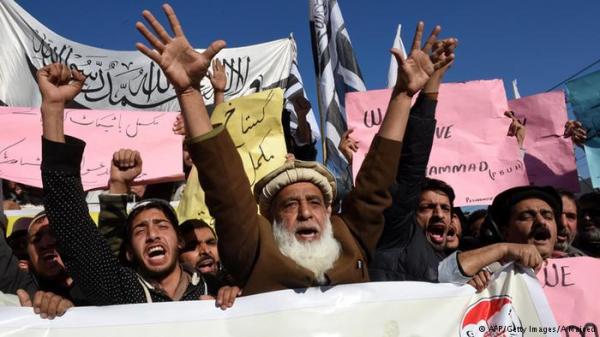For some it’s their God, for others Democracy. There are those for whom human rights are inalienable and for several others the most Sacred is found within human beings. That thing that cannot be conceded, or sold, or forgotten, something that gives Meaning to life and projects it beyond one’s own existence has without doubt a very special characteristic. Children are sacred for their mothers, love for those in love, big ideals for militants. There are certain things that you cannot blaspheme against because in them there is such a special communion between what is human and the ineffable thing that transcends it. For many societies it’s Freedom, for the peoples of the Andes its Good Living or Pacha Mama. Whatever the object may be there is certainly a common rule when dealing with it: don’t make fun of it, don’t be ironic because when doing so you mock the one whose beliefs are most rooted there.
It’s enough for us to imagine what we’d do if someone touched what we live for in order to understand why people went onto the streets of Pakistan, Jerusalem, Algeria, Niger and Jordan in their thousands demonstrating against the printing this week of the French satirical magazine Charlie Hebdo which, once again, after the attacks in Paris the previous week, reproduced caricatures of the Prophet Mohamed.
The marches were called by Islamist parties and in more than one case they ended badly. In Niger there were four deaths. In the Pakistani city of Karachi three people were injured. The Prime Minister said that freedom of the press should not be used to hurt religious feelings. In Algeria people marched under the banner “We are all Mohamed”, while some of the participants applauded the Paris attackers calling them “martyrs”. In Jerusalem, hundreds of Palestinians went to the streets meeting on Temple Mount. “Freedom of Expression doesn’t mean offending our beliefs” said the posters in the march in Jordan. According to different agencies (Reuters, Deutsche Welle) in Niger, a majority Muslim country, hundreds of people marched towards the French Cultural centre in the city of Ziner and set it on fire after Friday Prayers. Nearby houses were also set ablaze and three churches (one catholic, two protestant) were ransacked. One police officer died in the disturbances while several protesters were injured. People set fire to tyres. Police used tear gas. On several protest banners the slogan, “I’m Mohamed, not Charlie,” could be seen.
In the meanwhile, Pope Francis on his flight to the Philippines said, “In freedom of expression there are limits” and maintained that both religious freedom and freedom of expression are “fundamental human rights” and considered it an “aberration” to kill in the name of God. “One cannot offend, make war, kill in the name of one’s own religion, that is, in the name of God,” he said.
Of course recent events have strengthened an already large mistrust in the clash of cultures, and in a climate of reciprocal terror alert has been raised due to a growing number of supposedly terrorist cells ready to attack in several parts of Europe, while the situation is ripe for advances in agreements between the USA and the UK for greater security measures and control of social media and the internet in general.
And if we would just put into practice the Principle formulated by Silo that says, “If you do not harm anyone you can freely do whatever you want”? If we would accept that those objects that have a Sacred character for others are inviolable, cannot be conceded and we cannot touch them without stinging? If we could recognise the right of others to disagree with what is the highest value for someone else and if we didn’t try to impose our own beliefs and certainly not homogenise them? If we would just try to coexist, seeking what we have in common, converging from such diversity, then maybe each one of us would grow as a human being and we would get closer to precisely what we consider to be Sacred.










